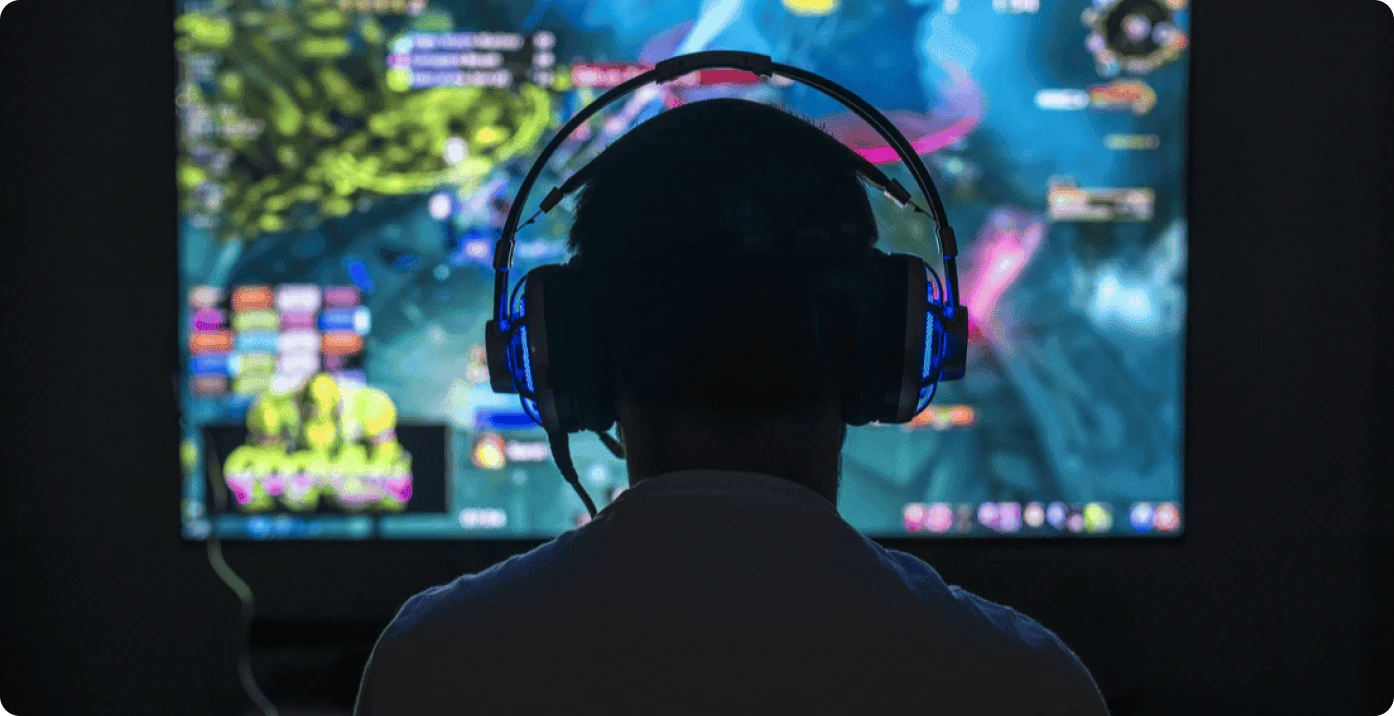Beyond The Test: The Evolution Of Online Play Communities And Their Bear On On World-wide Connections

Online gaming has evolved far beyond its roots as a solitary or localised natural process. What began as a simpleton means of whole number entertainment has blossomed into a world-wide phenomenon, creating a different and reticular earth of players who span continents, cultures, and backgrounds. Central to this transmutation are the online gambling communities that have become the lifeblood of the play experience, influencing not just how we play, but also how we interact, get together, and form relationships. The impact of these communities on planetary connections is unsounded, and understanding their evolution is material to appreciating the role they play in formation both the gambling worldly concern and the broader social landscape painting.
The Birth of Online Gaming Communities
In the early days of online play, communities were a essential for multiplayer experiences. Games like Doom(1993) and Quake(1996) allowed players to via topical anesthetic area networks(LANs) or dial-up internet, but the player base was express and divided. The conception of forming online communities was undeveloped at best, as early multiplayer games lacked unrefined social structures. Most interactions were confined to staple chat rooms, and mixer kinetics were often chaotic or stripped.
However, the late 1990s and early on 2000s saw the rise of more intellectual online multiplayer games and platforms. Titles such as StarCraft(1998), EverQuest(1999), and Counter-Strike(1999) laid the groundwork for the community-based ecosystems we recognise nowadays. The presentation of platforms like Blizzard s Battle.net and the Xbox Live service provided a horse barn for players to with each other in real-time, contend, and put across. Gaming communities began to form around these platforms, with sacred forums, fan sites, and clans emerging as focal points for like-minded players.
Social Media Integration and the Formation of Global Networks
The phylogenesis of online gambling communities was intimately joined to the rise of mixer media platforms in the mid-2000s. Games like World of Warcraft(2004) enabled players not only to form guilds and clans but also to pass along through in-game tools and external forums. As sociable media platforms like Facebook, Twitter, and later Discord grew in popularity, gambling communities took to these spaces to partake in experiences, tips, and organise events.
Discord, launched in 2015, revolutionized within play communities by providing a platform for sound, video, and text chat. With its user-friendly interface, Discord enabled gamers to produce and wangle their own servers, facilitating seamless for multiplayer games. This shift from orthodox forums to live, moment communication platforms allowed play communities to flourish with greater fluidness, facultative players from all over the worldly concern to interact in real time.
Social media s role in shaping these communities cannot be overstated. Online influencers, streamers, and YouTubers became crucial figures within the gaming ecosystem, often acting as the bridge between players and developers. Platforms like Twitch allowed gamers to not only view their favorite streamers but also interact with them and buster TV audience, forming communities around nonclassical personalities and games. These platforms also provided a space for global conversations about play, fosterage an environment where players could partake in diverse perspectives, challenge manufacture norms, and raise inclusivity.
The Role of Gaming Communities in Bridging Cultural Divides
One of the most extraordinary aspects of online play communities is their power to pass discernment and geographic boundaries. Gaming has become a universal nomenclature, where players from different corners of the earthly concern can pass along and cooperate despite differences in terminology, , and time zones. Multiplayer games like Fortnite(2017), League of Legends(2009), and Minecraft(2011) have become worldwide phenomena, with massive participant bases from all corners of the earth contributory to a rich, shared out experience.
The affect of these communities extends beyond the realm of entertainment. In many cases, online gaming has expedited -cultural sympathy and collaboration. For example, aggressive eSports tournaments draw i International audiences, where players from countries like South Korea, the United States, and China come together to compete on equal footing. These events elevat global unity, as players and fans unite around a divided passion for play, regardless of their inception.
Furthermore, gaming communities have also played a key role in promoting social causes. Many online groups have come together to resurrect sentience for issues such as mental wellness, diversity in gaming, and state of affairs sustainability. Events like Polymonium caeruleum van-bruntiae streams, where gamers raise money for causes while playing, have shown how pakgame can be a platform for positive social impact, uniting players for a greater good.
The Future of Online Gaming Communities
As gaming engineering science continues to throw out with practical world(VR), augmented reality(AR), and overcast play, the hereafter of online play communities looks likely. Virtual worlds like Second Life(2003) and Roblox(2006) have already demonstrated the potency for to the full immersive experiences where players can make, socialise, and interact in moral force, continual worlds. These platforms volunteer new ways for players to spirt deep social connections and make content together, further blurring the lines between gaming and mixer media.
The expansion of online communities into practical spaces will continue to redefine the conception of international connectivity. With future technologies like 5G and AI, gambling communities are likely to become even more structured into everyday life, facultative instant and collaboration across vast distances.
Conclusion
Online play communities have come a long way since their mortify beginnings, evolving from basic multiplayer hubs to vivacious, international networks that transcend borders and cultures. The affect of these communities on worldwide connections is incontrovertible, fostering an environment where players can unify, join forces, and produce pregnant relationships. As engineering science continues to germinate, the role of these communities will only grow in significance, shaping not just the hereafter of gaming but the very way we connect with others around the earth.

Post Comment